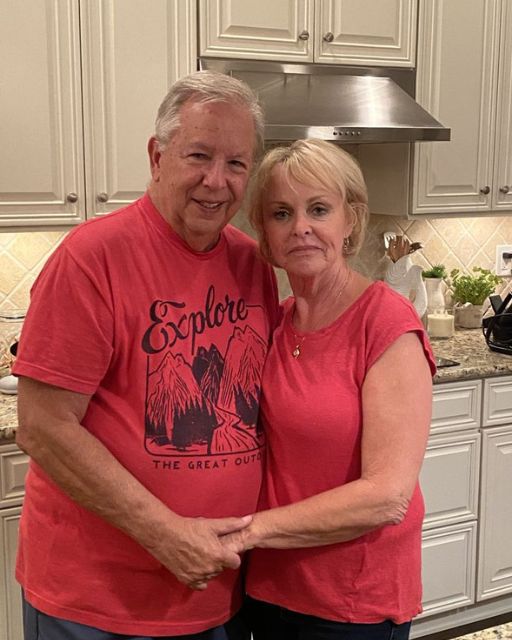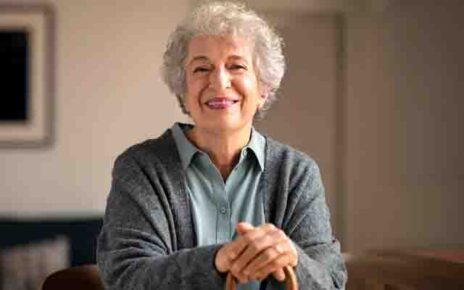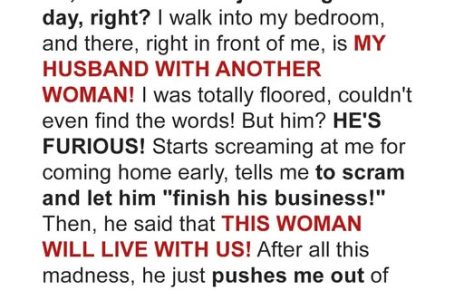I moved to the farm seeking tranquility, solitude, and a fresh start. Instead, I found a yellow fence, a neighbor who mirrored my every move, and a truth that left me breathless.
Growing up, I had a foster family that genuinely tried. They packed my lunches, cheered at every school play—even the one where I stood in the back dressed as a cardboard tree. They were kind, but the love I craved—deep, unconditional love—felt like something I never got to experience. There were no stories, no names. My birth parents had signed away their rights to be remembered.
I often lay awake at night, imagining them as spies, artists, or adventurers lost in the Amazon. Anything was better than believing they didn’t want me.
By the time I was fifteen, I was distributing flyers. At sixteen, I walked dogs. By eighteen, I was brewing coffee and receiving life advice from customers who thought a fifty-cent tip made them philosophers. Finally, at twenty-seven, I landed an office job—the kind with vacation days and email signatures. But that same week, I fell ill. Tests, more tests, and only shrugs from doctors.
“Probably stress,” they said.
At thirty, I became a nanny. I excelled at it—until another nanny accused me of stealing. I hadn’t, but I was fired anyway. That’s when I found myself standing on a city sidewalk with nothing but a suitcase and a jacket full of emergency cash when my phone rang.
“Ellie?” a voice said. “This is Jake. I’m calling about your father.”
“My who?”
“Your father, Henry. He passed away recently. He left you his farm.”
I thought it was a prank, but it wasn’t.
The next day, I held the keys in my hand, heading to a farm thirty kilometers from the city. The drive was quiet, and I gazed at the horizon, wondering what kind of man leaves a house for a daughter he’s never met.
The place was old but well-kept. The house sagged slightly, but the barn stood strong, freshly painted red. Inside, the air was filled with the scent of hay and something sweet. The animals were fed, and the floor was swept. A dog greeted me as if I had just returned from a short trip, not three decades.
Someone had been caring for everything. I assumed it was a kind neighbor.
I gradually made the place my own. I painted the porch, collected eggs without injury, and found a leftover can of yellow paint in the shed to give the fence a cheerful coat. For the first time in years, I wasn’t just surviving; I was… becoming.
Then my neighbor painted her fence the same shade of yellow, down to the last brushstroke.
Strange, but whatever.
Next, she copied my mailbox, the daisies I planted, and even my yoga poses, though she wobbled more than I did.
“Okay, no,” I muttered one morning after spotting her in warrior pose, floppy sunhat drooping over her eyes. I marched over.
She didn’t say a word. Instead, she opened her gate and led me into her house.
Inside were letters—dozens of them—all addressed to me.
She handed me the top one, her hand trembling.
“My dear Ellie,” it began. “I don’t know how to talk to you. But I am your mother.”
She explained everything: that she lived nearby, that she had autism, and that when I was born, she wasn’t ready but had always loved me. My father had raised me apart, believing it was for the best. She had known I was coming back when he passed but didn’t know how to reach out. So instead, she copied me, just to feel close.
I read the letter once, then again. My eyes burned. I looked up at her, and she appeared terrified.
A photo slipped from another letter—her holding a toddler. Me.
I didn’t say anything. I just turned and ran.
I stayed inside for days, letting the plants wilt, skipping breakfast, and forgetting dinner. I thought knowing the truth would bring me peace, but it felt like grief I hadn’t prepared for.
Then, one morning, a stack of letters appeared on my doorstep. Thirty of them, one for every year of my life, tied with string. Each written in her careful, uneven handwriting. She had written to me every year, hoping, dreaming, apologizing, and loving me silently.
I read every word through tears.
On the third day, I opened the door to find the flowerbeds watered, the chickens fed, and a jar of jam waiting with a note:
“Saved the milk in my fridge. Love, Mom.”
Just like that, the word “Mom” became real.
I stepped into the sunlight. Linda—my mother—was on her side of the fence, wobbling again in her yoga pose. Still trying. Still copying.
“You know,” I said softly, “warrior pose isn’t exactly easy in jeans.”
Her smile was genuine this time.
“Just relax your fingers,” I suggested. “And maybe lose the hat.”
We practiced together that morning, two strangers slowly learning how to become family.
Later, as we sipped tea, I pointed to the photo from her letter.
“That’s you, right?”
She nodded. “And you. My Ellie.”
“I read every one of them,” I said. “Thank you, Mom.”
She cradled her teacup as if it were something truly precious.
“Can we try that one pose tomorrow? The one with the leg in the air?”
I smiled, and we both laughed. In that moment, something began to heal.
As for that yellow fence?
It wasn’t an invasion.
It was a new beginning.




